The town of Patikul in Sulu is known for being the stronghold of the Abu Sayyaf insurgent group, which has caused a long-standing conflict with military forces. Residents have been forced to flee their homes, leaving their livelihoods behind, to avoid imminent danger, abduction, being caught in the crossfire, being targets, or being used as human shields by the belligerents. For two decades, starting in the late 1990s, this situation was the parameter for Patikul locals to become Internally Displaced Persons (IDPs).
The loss of income, possessions, and official documents leaves civilians struggling to meet essential needs amid exacerbated hardship, preventing them from accessing health care and education. As people’s displacement becomes protracted, the uncertainty about the future and whether they will be able to return or find another long-term solution to their dilemma worsens. However, being torn away from their usual surroundings and social support networks is the best option rather than returning to their place, which has now become a terrorist camp.
A few months after the activation of the Army’s 11th Infantry Division (11ID), headquarters of Joint Task Force Sulu (JTF-Sulu) in December 2018, the government troops were making great strides in the campaign against the ASG bandits.
The incident of two successive explosions (January 2019) in Jolo that killed and wounded many people outraged Former President Rodrigo Duterte and gave the marching order to the military in Sulu to wage an all-out war against terror groups to give justice to their victims. The number of surrenderees surged, and insurgents gave up their arms, which may have been a result of the loss of leadership, exhaustion, fear, and starvation.
For years, recurring armed conflict in Patikul has made it impossible for the IDPs to return home. But with the concerted efforts of the 11ID and JTF-Sulu, preparations were made to ensure the safe return of families displaced by skirmishes through the implementation of the Balik Barangay Program (BBP) initiated by the local officials and Major General William Gonzales, commander of the 11ID, and enlisted other government agencies’ assistance.
To transform the former Sulu battleground into a habitable community, starting from ground zero, the military and Sulu Provincial Task Force on Ending Local Armed Conflict (PTF-ELAC) – Sulu’s version of the National Task Force to End Local Communist Armed Conflict (NTF-ELCAC) – constructed infrastructures and implemented various livelihood projects to persuade the Tausug ethnic group and land-based Samal people to be relocated back to their communities taken away by the terrorists.
In Patikul, they built a village hall, farm-to-market road, learning center, public toilet, water system, and egg-laying facilities to serve as the livelihood of 5,773 families returning to their homes (from 2020 to 2021) in 10 barangays.
Patikul’s admission to the SAAD Program
Sulu, being the largest province in Bangsamoro Autonomous Region in Muslim Mindanao (BARMM) was included in the Department of Agriculture’s Special Area for Agricultural Development (DA-SAAD) Program under the implementation of DA-SAAD 9. Recording a constant increase in terms of poverty incidence among families from 2012 to 2018, the seven (7) municipalities of the province were included in the Program – Talipao, Panamao, Parang, and Maimbung were covered in 2018. In 2019, SAAD Luuk and Indanan, and in 2021, Patikul.
Just in time while the government troops are on momentum for the BBP, the Php 14.56 million total budget from SAAD was allotted for Patikul to support the residents and help sustain the peace and development campaign. Prioritized farmers who are IDPs, as well as barangay units identified as ELCAC received diversified livestock and crop projects and supports that include egg production and cassava-corn-peanut production integrated farming, feed support, and farming materials.
Of the 11 villages in the municipality, six (6) barangays were covered – Bakung, Buhanginan, Kabbon Takas, Langhub, Latih, Maligay, Panglayahan, Pansul, and Tugas with nine (9) farmer-groups with 440 members. Two (2) of the said groups recorded promising progress through the establishment of community-based enterprises based on poultry commodities.
Kabbon Takas Farmer’s Association (KTFA)
KTFA in barangay Kabbon Takas was formed through the recommendation of DA-SAAD 9 management and initiated by the Municipal Task Force (MTF) – ELAC to be registered in the Ministry of Labor and Employment (MOLE) in 2021. The 20 members are all coconut and vegetable farmers. Enabling the communities to have a fresh start after being displaced for 20 years, SAAD provided them with the Chicken-Egg Production Project in September 2021 which includes ready-to-lay (RTL) chickens with fabricated cages, layer feeds, and egg trays. Before the receipt of the livelihood interventions, they were capacitated on poultry and feeding management, record-keeping, and financial management.
Months later, the group steadily gathered eggs and was able to market 16-17 trays per day. These are sold in different sizes – medium (Php 220), large (Php 230), extra-large (Php 240), and jumbo-sized eggs (Php 250). They supplied the eggs within the community, restaurant owners in downtown Patikul, small retail stores, Sulu Electric Cooperative (SULECO) employees, Local Government Unit of Patikul employees, and the 6th Special Forces Company of the Philippine Army assigned in the area.
From September 2021 to April 2023, KTFA earned Php 1,696,926 with a net income of Php 428,805 which 50% was shared equally by the members. The allotted money for operational expenses includes payment of caretakers, replenishment of poultry stocks after 18 months of peak production, and buying of feeds.
With the strong partnership of DA-SAAD 9, JTF-Sulu, and MTF-ELAC, this group was regularly monitored for both project implementation and peace and development campaigns. Two years after moving back to their village, KTFA was able to sustain the livelihood project provided and continuously generate income with savings in the bank and reserve money for the subsequent cycle expenses.
Pansul Farmer’s Association (PFA)
One of the pilot beneficiaries of BBP, PFA was recommended to receive the Chicken-Egg Production Project of SAAD in September 2021. Despite having a hard time tending to their poultry and providing biosecurity measures due to scarcity of water sources – they had to fetch water from a stream that is two kilometers away from the site, the group earned from the project and instead of sharing the income among members, the members chose to reserve the money until they have enough savings for the replenishment of RTLs.
Reviving the economy of the Tausug ethnic group and land-based Samal communities
Tausug is noted for being remarkable farmers – do work very hard and keep long hours to be successful. If you give them a strong leader, an enthusiastic farmer – they will follow and work with you every step of the way while sticking to their goal of improving the standard of living for all.
To quote the present commander of JTF-Sulu and 11ID’s statement regarding its approach to attaining inclusive and sustainable peace, Major General Ignatius Patrimonio said, “They didn’t have any infrastructures or houses because those were destroyed by the ASG. So, we helped them rebuild their communities. After almost a year, through the concerted efforts of the Sulu PTF-ELAC, Ministry of Public Works in BARMM, and security forces, we were able to build a resilient community.” (Published on May 14, 2022, by the Philippine News Agency)
Colonel Taharudin Ampatuan, Deputy Brigade Commander of the 1103rd Battalion Patikul, also stated in a courtesy call made by the DA-SAAD’s National Program Management Office – Public Relation and Development Communication (NPMO-PRDC), “The projects provided were just in time as contributory to their efforts in maintaining peace and order in the province and deter residents from joining rebel groups, as well as provide a source of income to the former IDPs.”
To recall, Col. Ampatuan visited the DA national office in December 2021 and met with the former SAAD National Director Myer Mula to discuss the situation in Sulu and propose livelihood projects for 7 barangays of Patikul, specifically the displaced people and those belonging to ELAC areas.
To guarantee that victims, IDPs, and affected communities receive adequate and timely support, government assistance should be continuous until the province achieves full healing and reconciliation. The JTF-Sulu and 11ID actively advocate for collaboration with parallel programs from other government agencies and conceptualize initiatives for insurgents (the province’s main source of conflict) to voluntarily disengage from violent extremism. More attention is needed on how the reintegration programs are being implemented to prevent re-engagement and recidivism.
A third-party study submitted by Central Luzon State University revealed that the chicken and layer production projects provided by SAAD fulfill the provincial demand for fresh eggs and help minimize the importation of poultry goods from different areas in the country. This means that the livelihood was timely because Sulu experienced a shortage of egg supply. Even if SAAD Phase 1 finishes its commitment to Sulu in 2022, these contributions are notable given the crises in the province.
Sulu will no longer be included in the Program’s Phase 2, which will run from 2023 to 2028 because the province is officially back under the supervision of the Ministry of Agriculture, Fisheries, and Agrarian Reform (MAFAR) which is the major key player in fostering sustainable agricultural growth and development, equitable land distribution, and tenurial security in the Bangsamoro region. ###
Writer: Jennifer A. Valcobero, DA-SAAD NPMO Information Officer

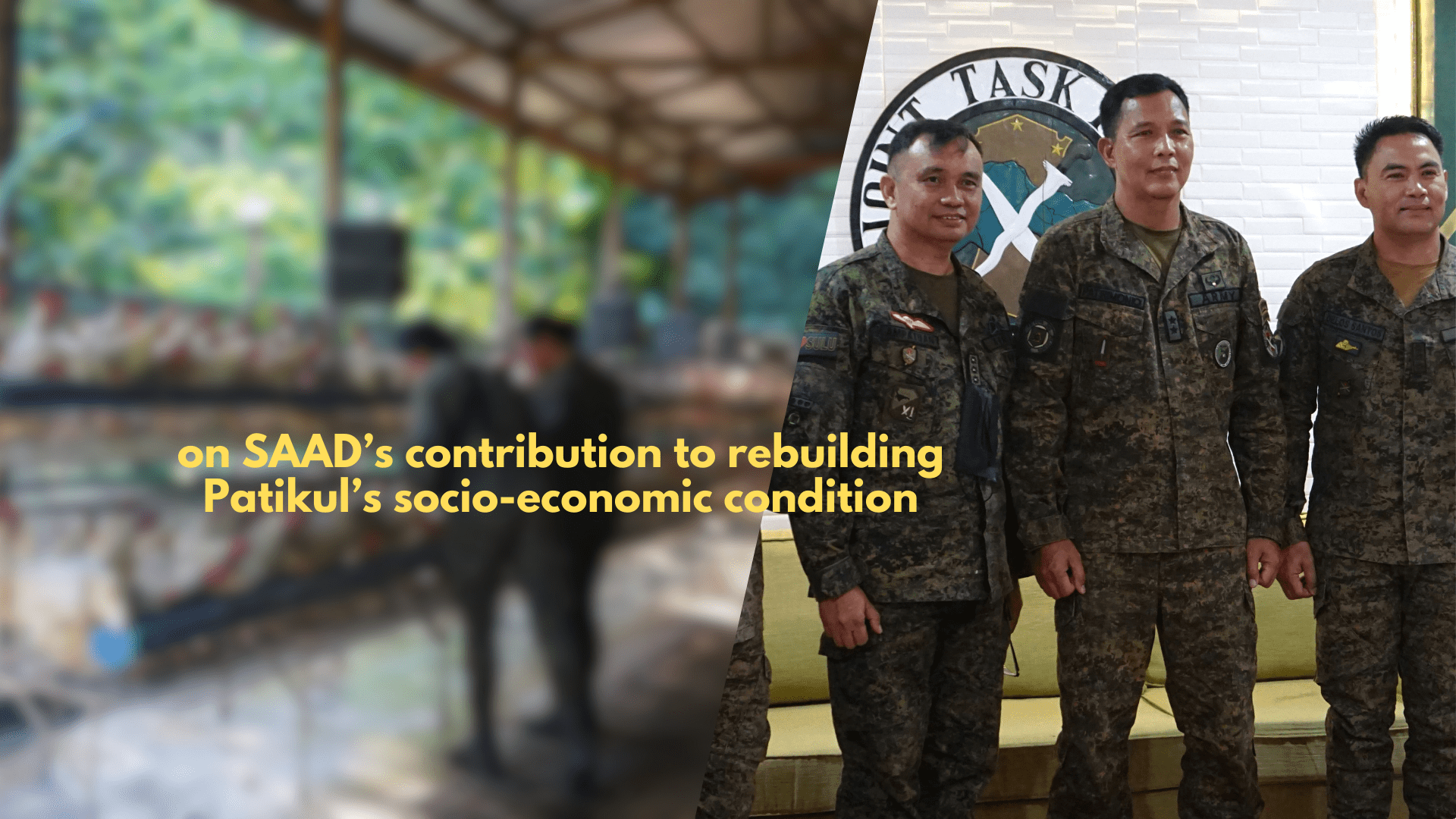
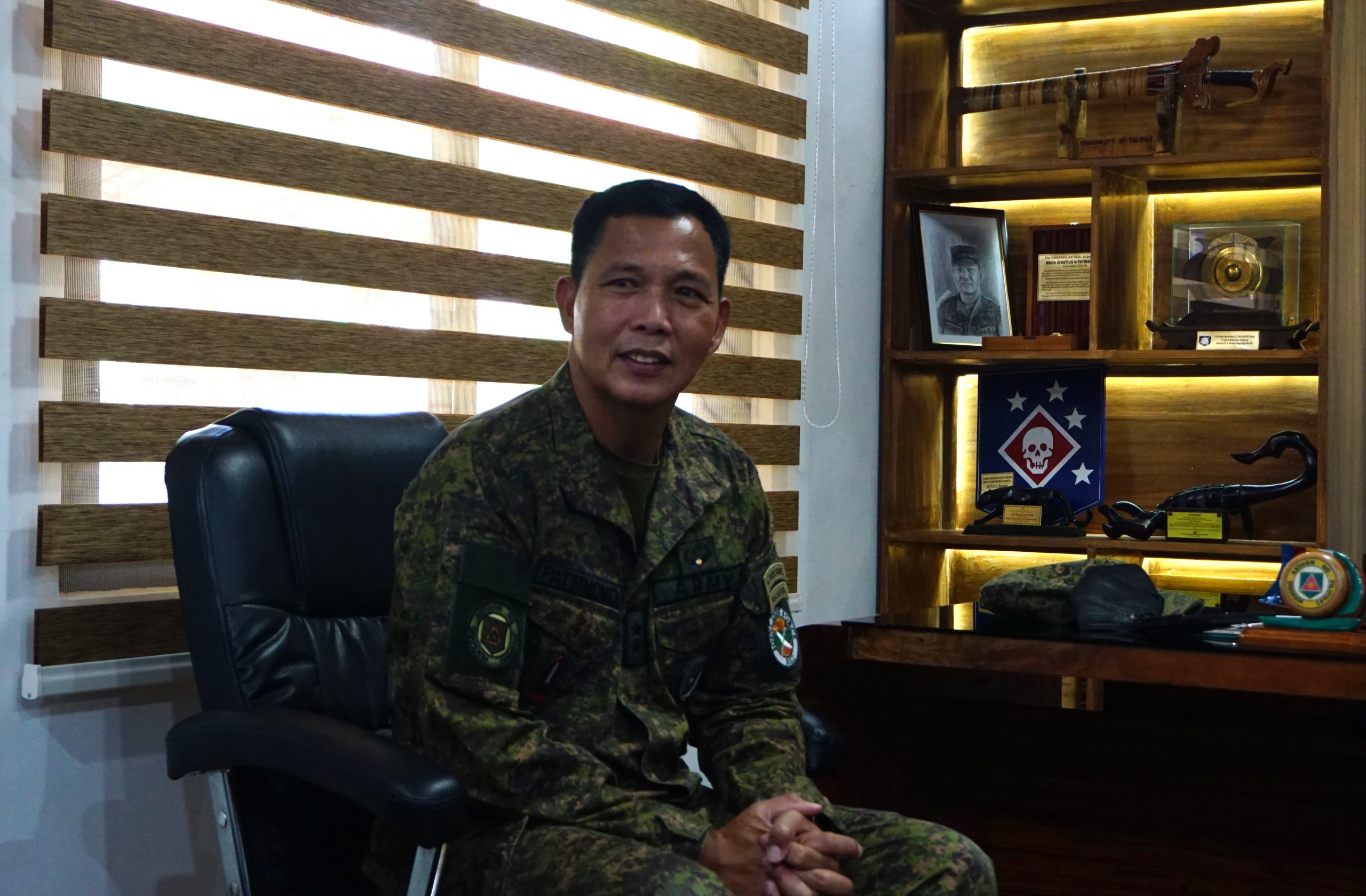
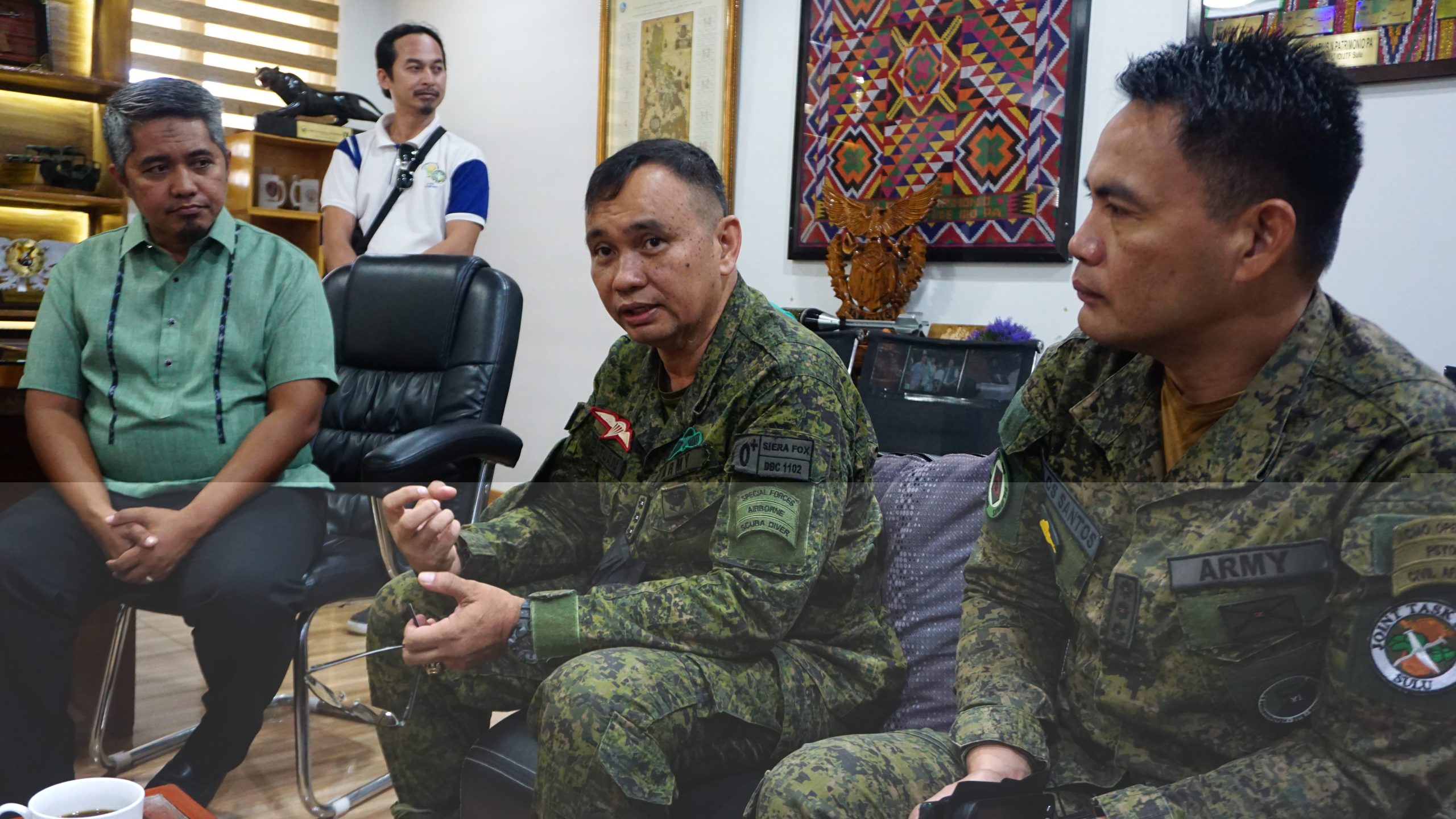
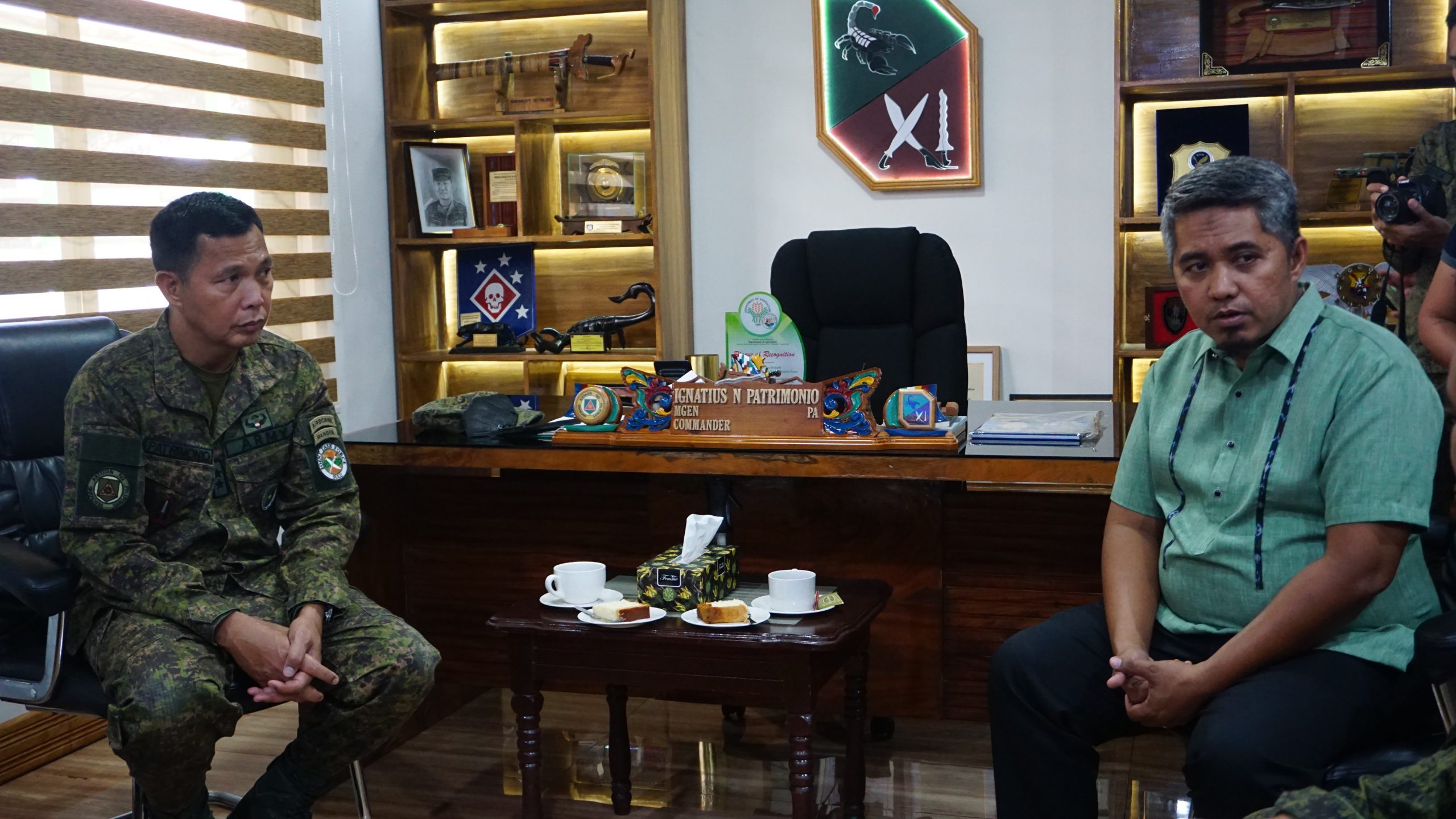
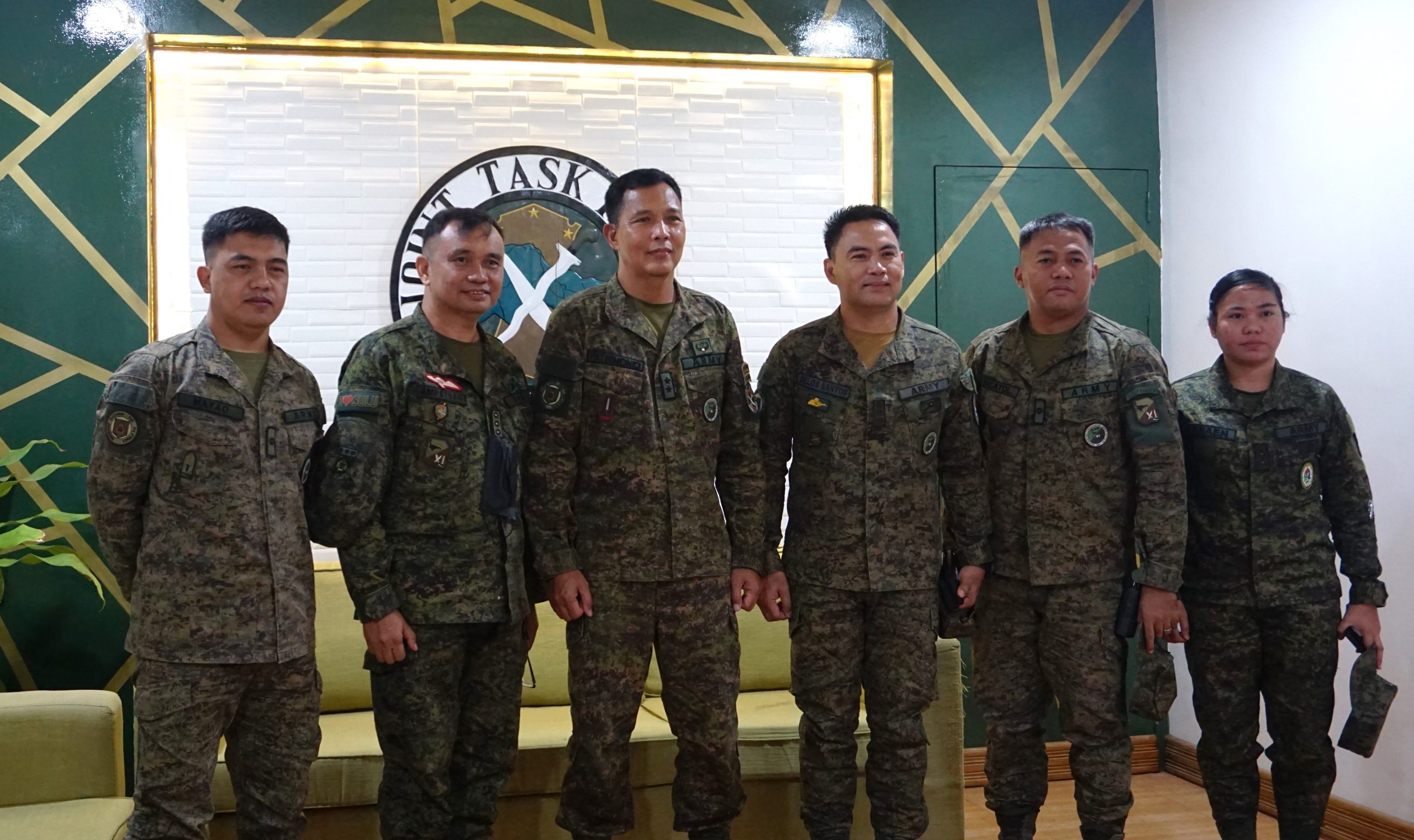
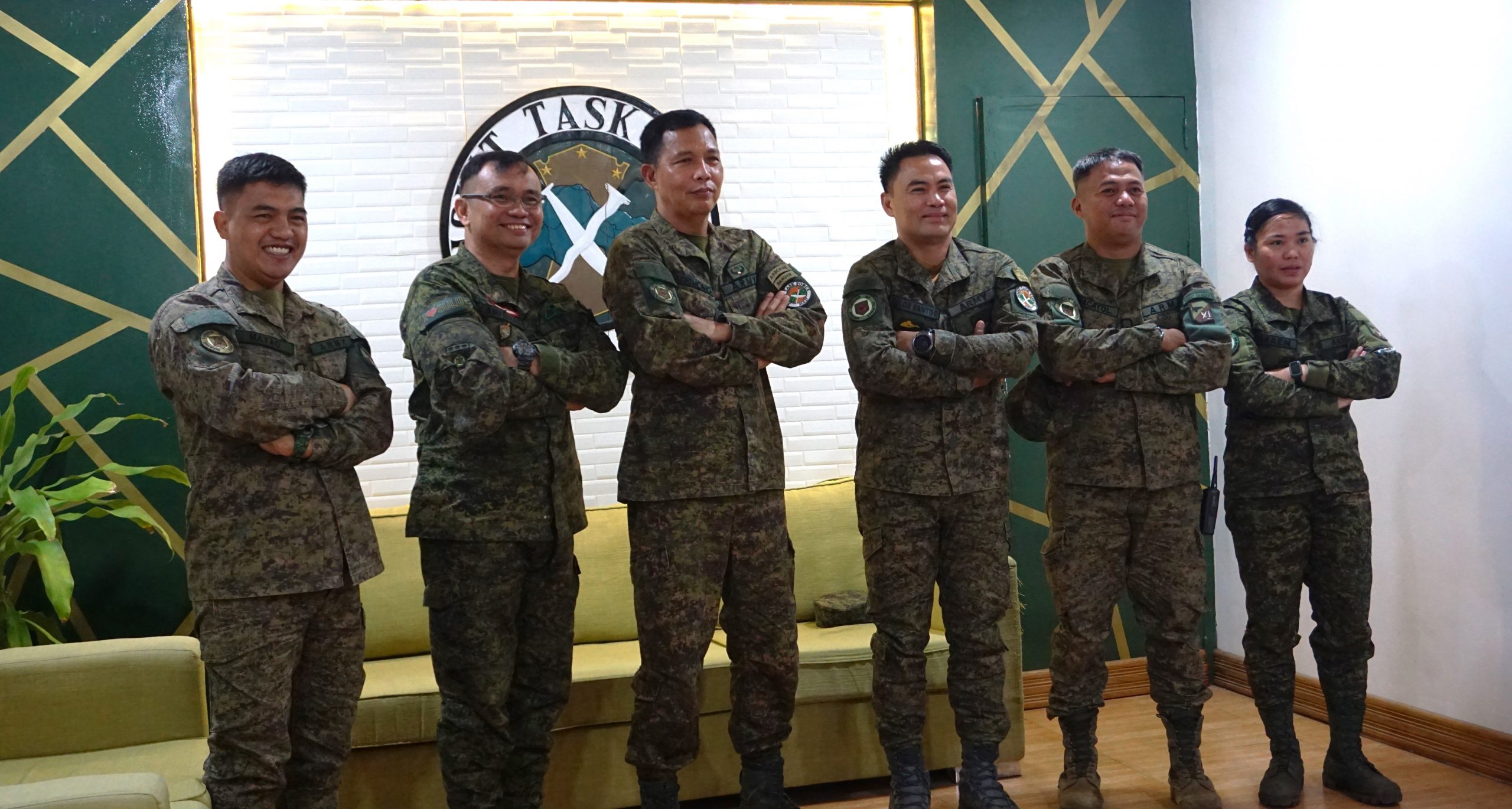
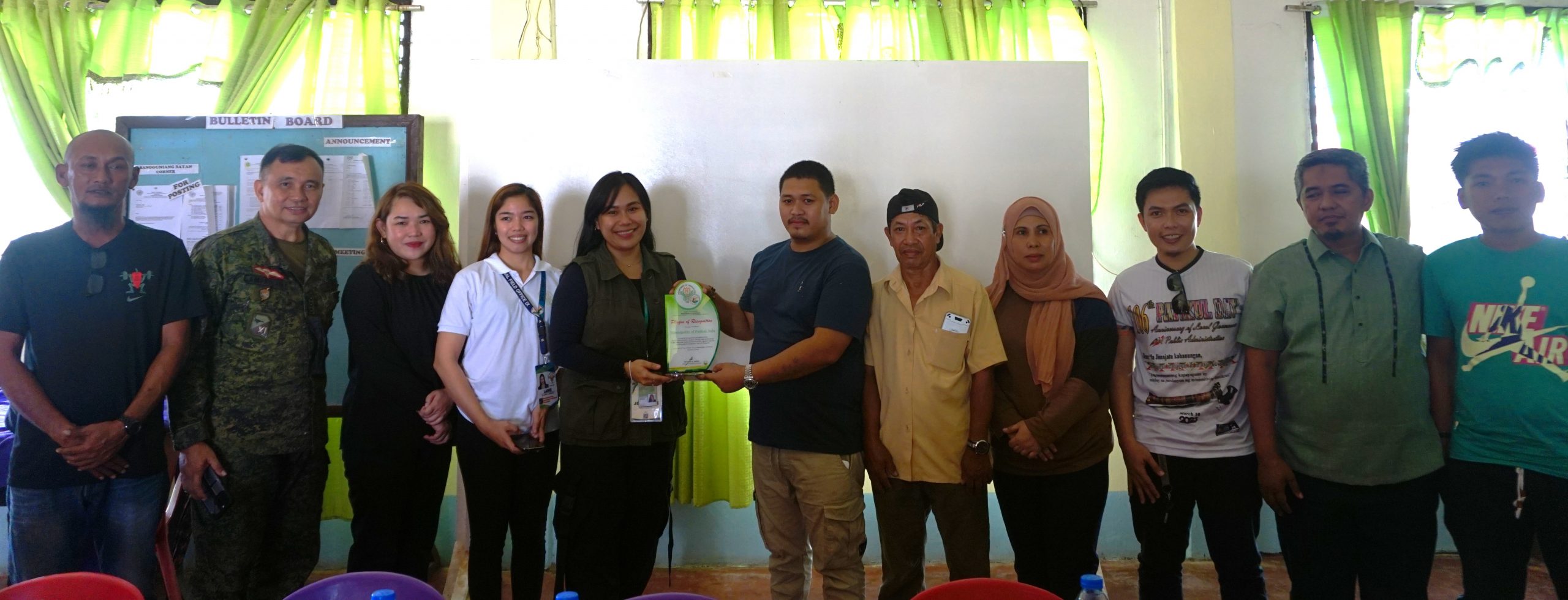
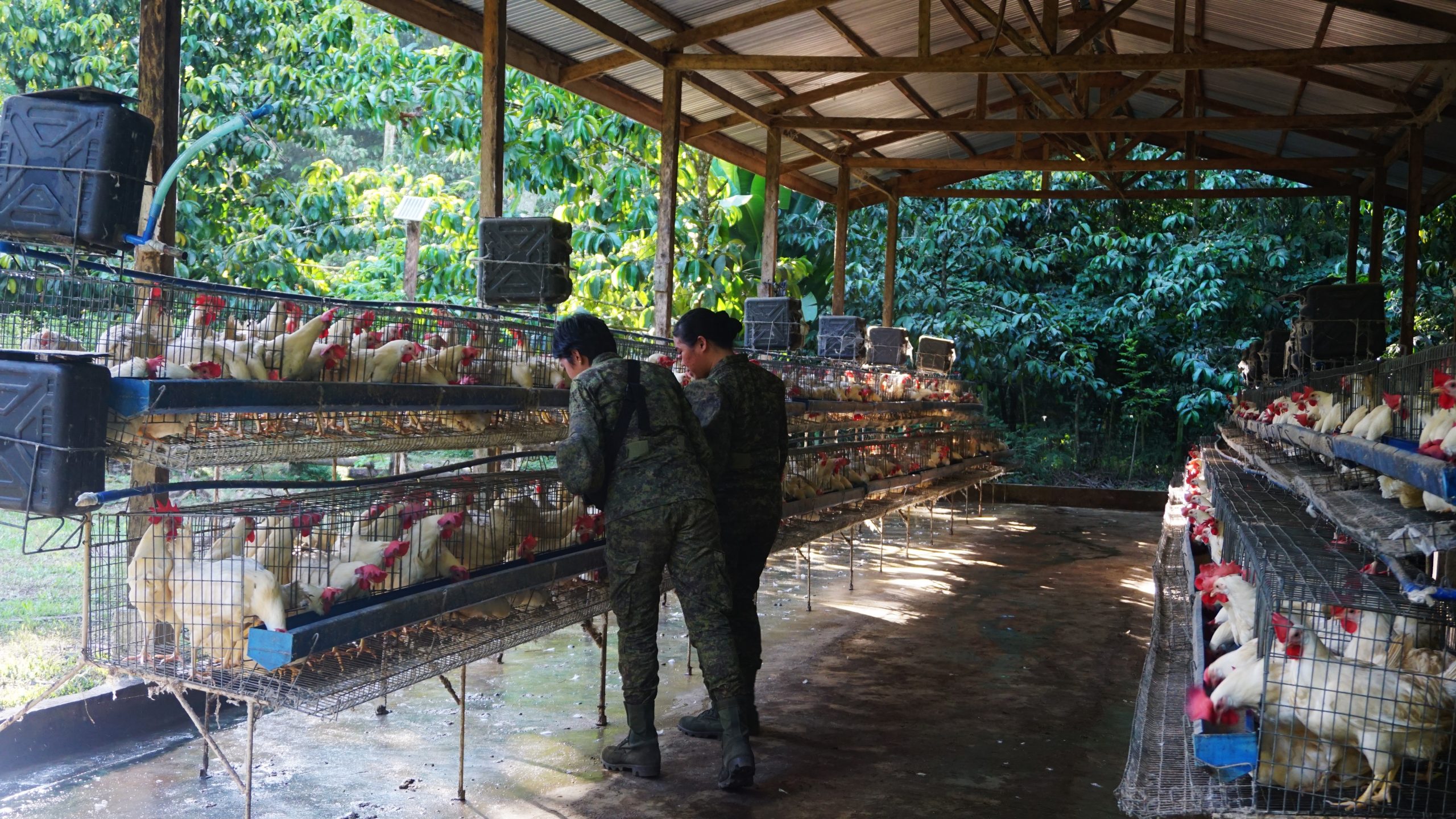
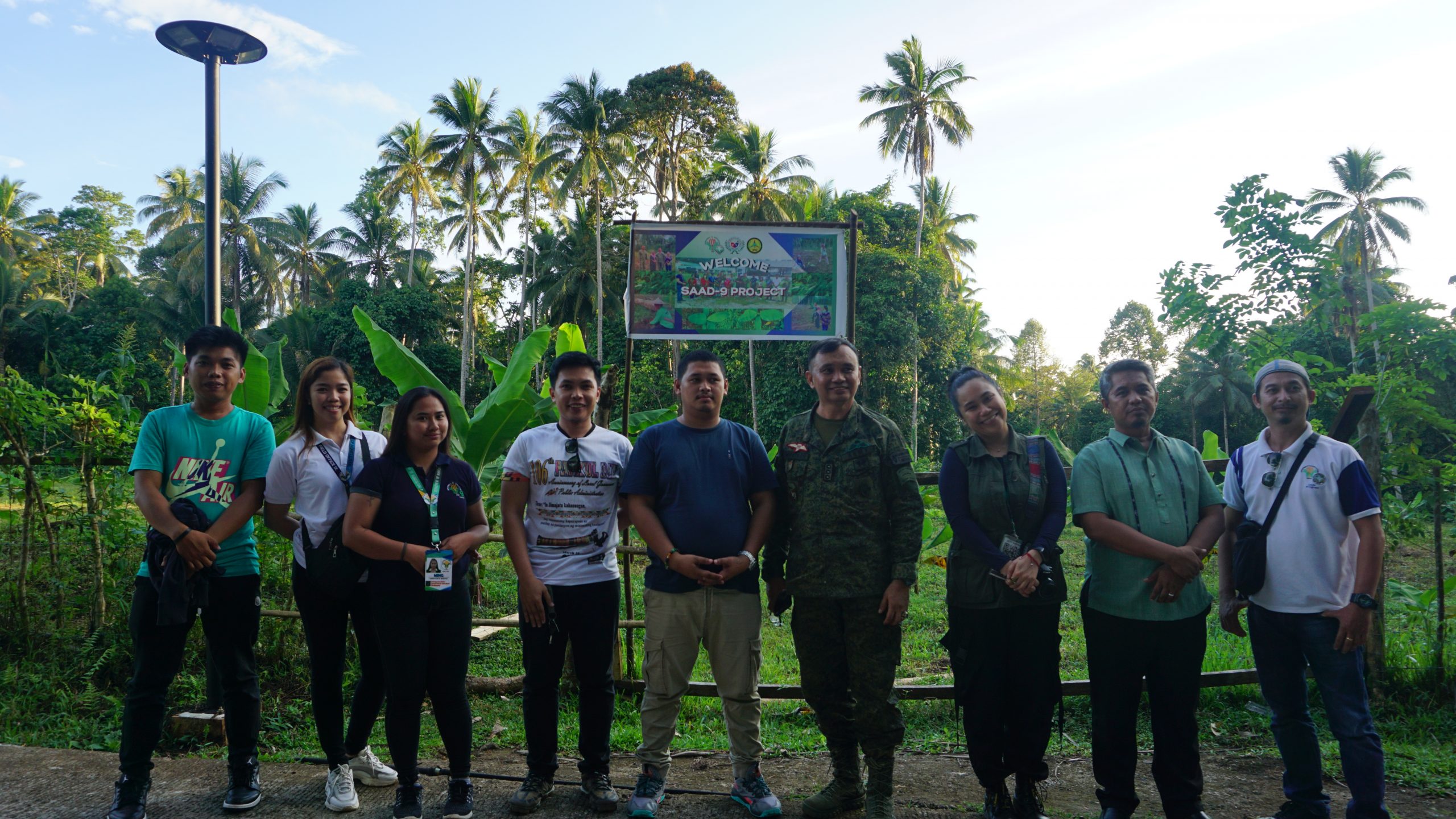
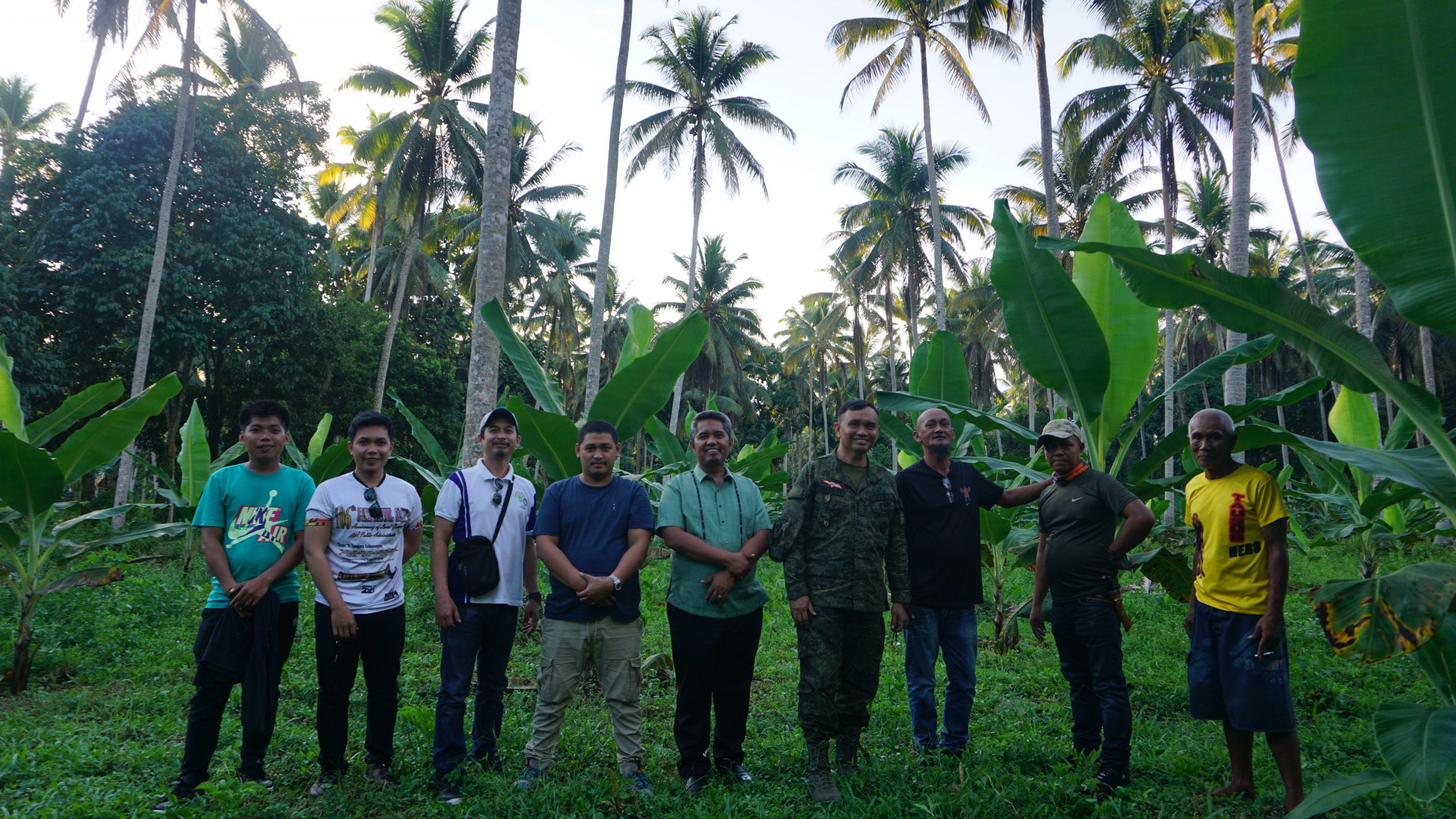
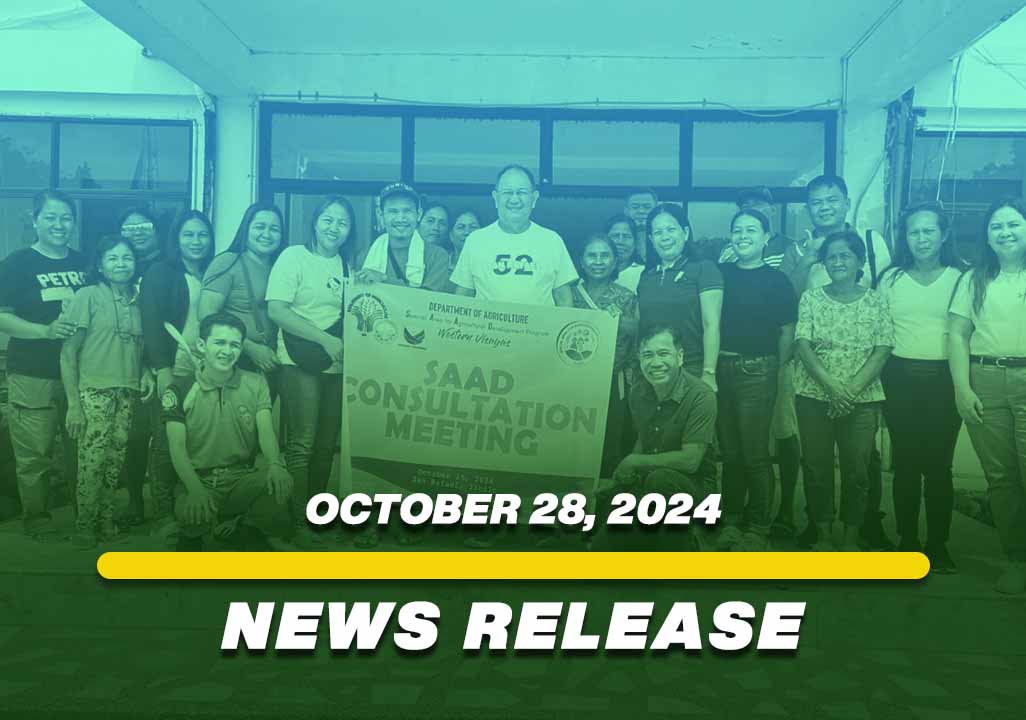

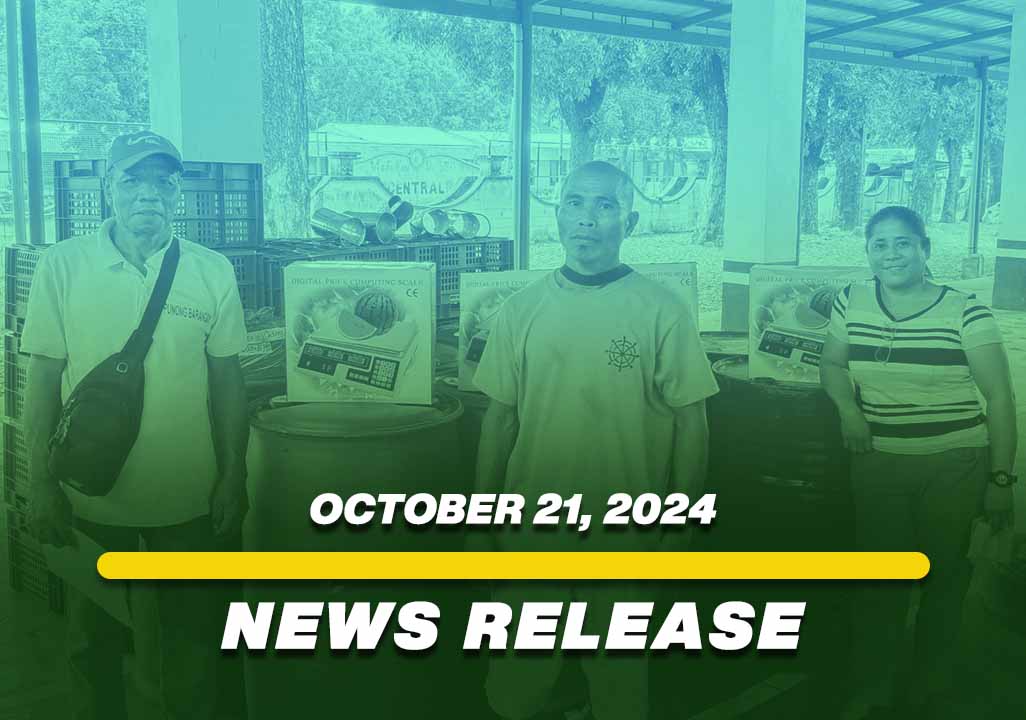
This Post Has 0 Comments